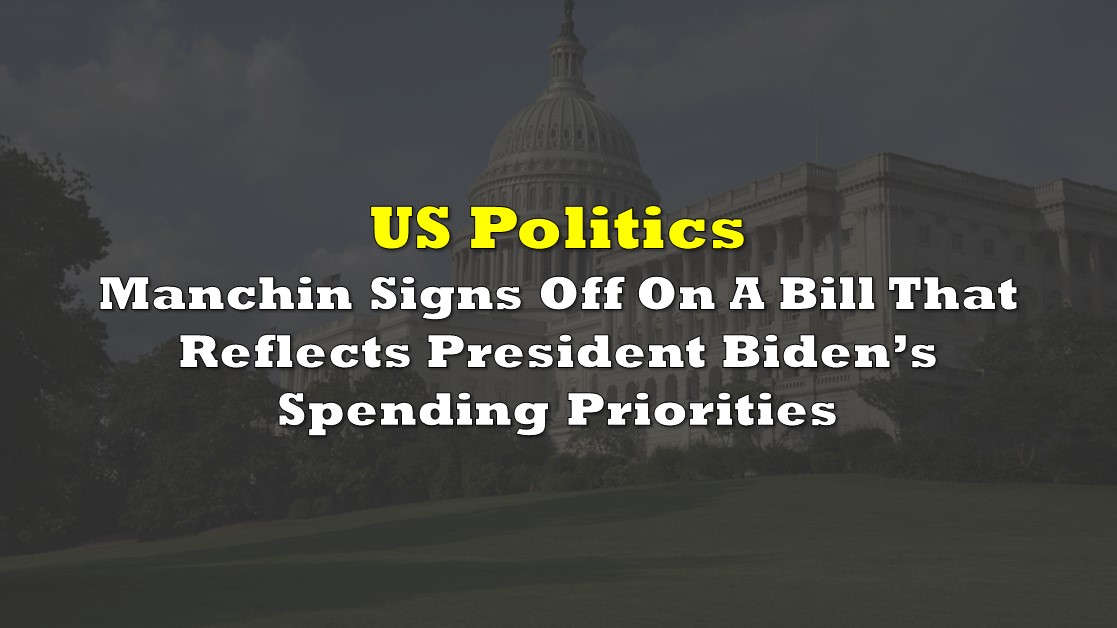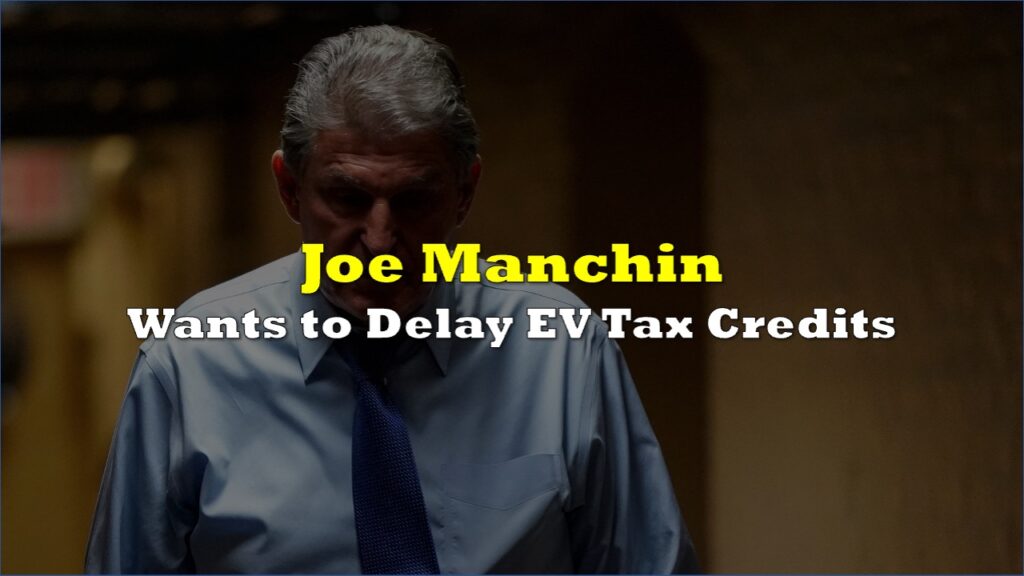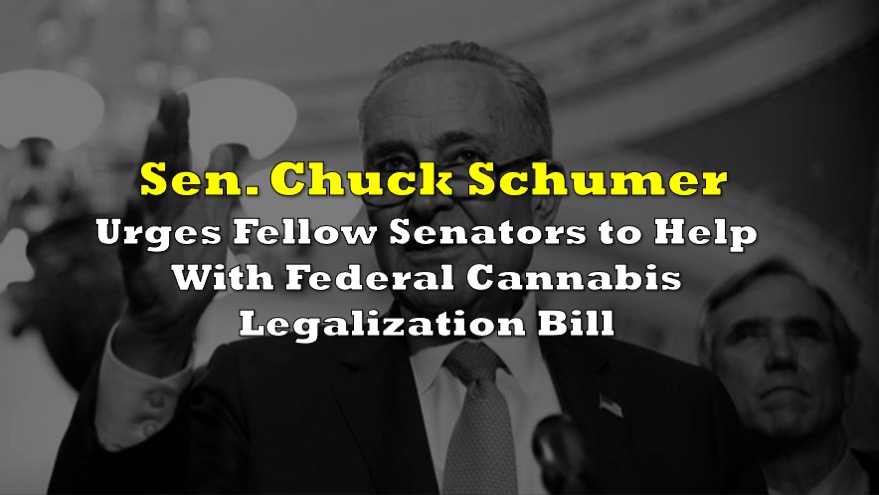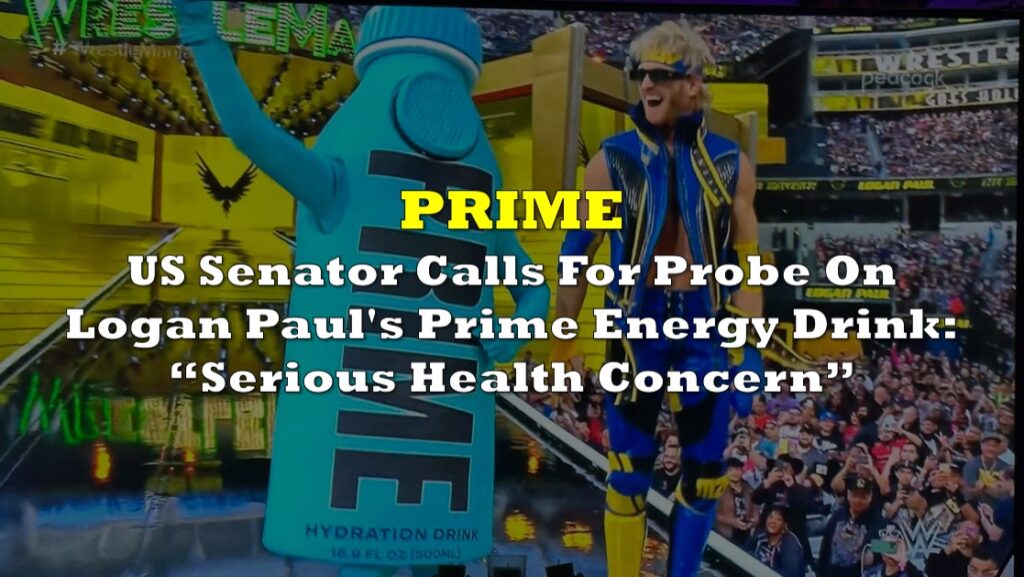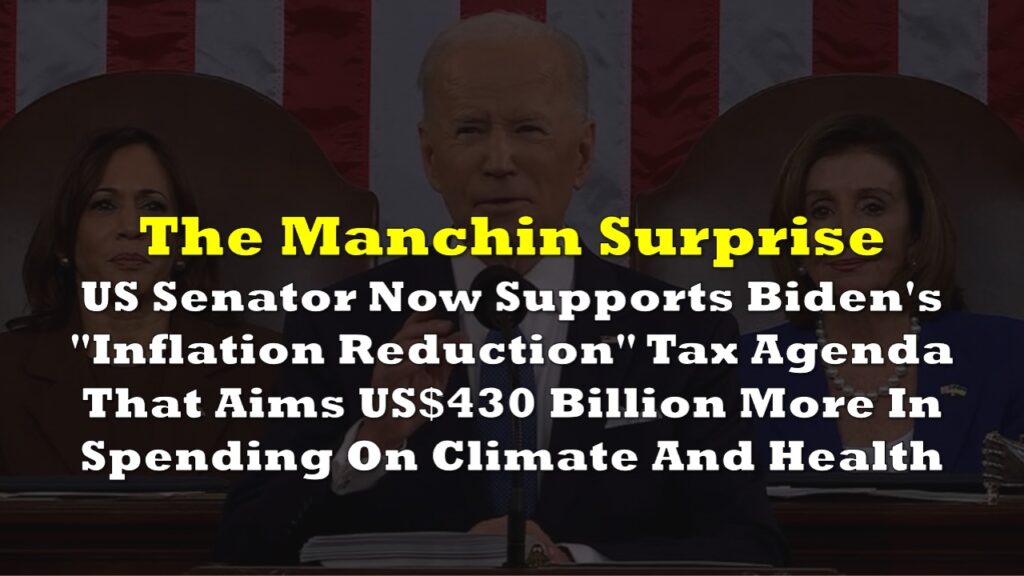On July 27, Democratic U.S. Senator Joe Manchin (West Virginia), who is almost universally viewed as the key swing vote in the Senate, reached a deal with the leader of the mainstream group of Democratic senators, Chuck Schumer of New York, on important energy, health care and tax issues.
Senator Manchin’s action represents a remarkable and swift turnaround from his mid-July announcement that he could not support a bill containing the energy or tax provisions that President Biden seeks. At that time, Senator Manchin cited concerns that additional government spending would foment even more inflation, saying the U.S. needs, “to get unnecessary spending under control, produce more energy at home and take more active and serious steps to address this record inflation that now poses a clear and present danger to the economy.” (It is not clear what has changed regarding inflation since this statement.)
While the specifics of the Manchin-Schumer compromise were not announced, the proposal would invest US$369 billion in energy security and climate-related programs, and add US$64 billion to spending by the Affordable Care Act (more commonly known as Obamacare) over a three-year period that ends (not coincidentally) after the 2024 Presidential election. The measure would also reduce the U.S. deficit over a ten-year period by around US$300 billion.
The senators intend to pay for all this partly through hoped-for US$288 billion savings from prescription drug price reforms, and US$124 billion from Internal Revenue Service (IRS) enforcement of a reformed tax code.
Two other sources of funding would be unpopular among corporations and hedge funds. First, the proposal would put in place a minimum 15% tax rate on corporations, which would bring in an incremental US$313 billion into U.S. government coffers. Second, the agreement would close the carried interest loophole, saving a fairly small US$14 billion. This loophole permits investment managers to pay the lower 20% long-term capital gains tax rate on income received as compensation instead of the ordinary income tax rate of as much as 37%.
One unusual aspect of the deal is that another conservative Democratic senator, Kyrsten Sinema of Arizona, has not yet signed off on the deal and may not have played a role in the negotiations. Her vote would likewise be required in a 50-50 deadlocked Senate.
Potential winners from the Manchin-Schumer proposal:
- Electric vehicle (EV) manufacturers, manufacturers of EV charging equipment, and potentially EV battery makers. Consumers will likely receive new tax incentives to buy EVs, including possibly a tax credit for purchasing a used EV. Senator Manchin said that battery makers will “not only be able to assemble them, but be able to extract the minerals we need, critical minerals, in North America.”
- Buyers of prescription drugs and purchasers of Obamacare health insurance plans.
Potential losers from the proposal:
- Hedge fund managers.
- The bond market. As Senator Manchin initially warned, this additional spending could make the inflation problem worse.
Information for this briefing was found via Bloomberg and the sources mentioned. The author has no securities or affiliations related to this organization. Not a recommendation to buy or sell. Always do additional research and consult a professional before purchasing a security. The author holds no licenses.

